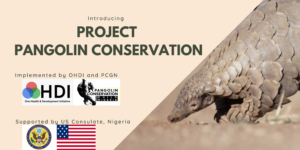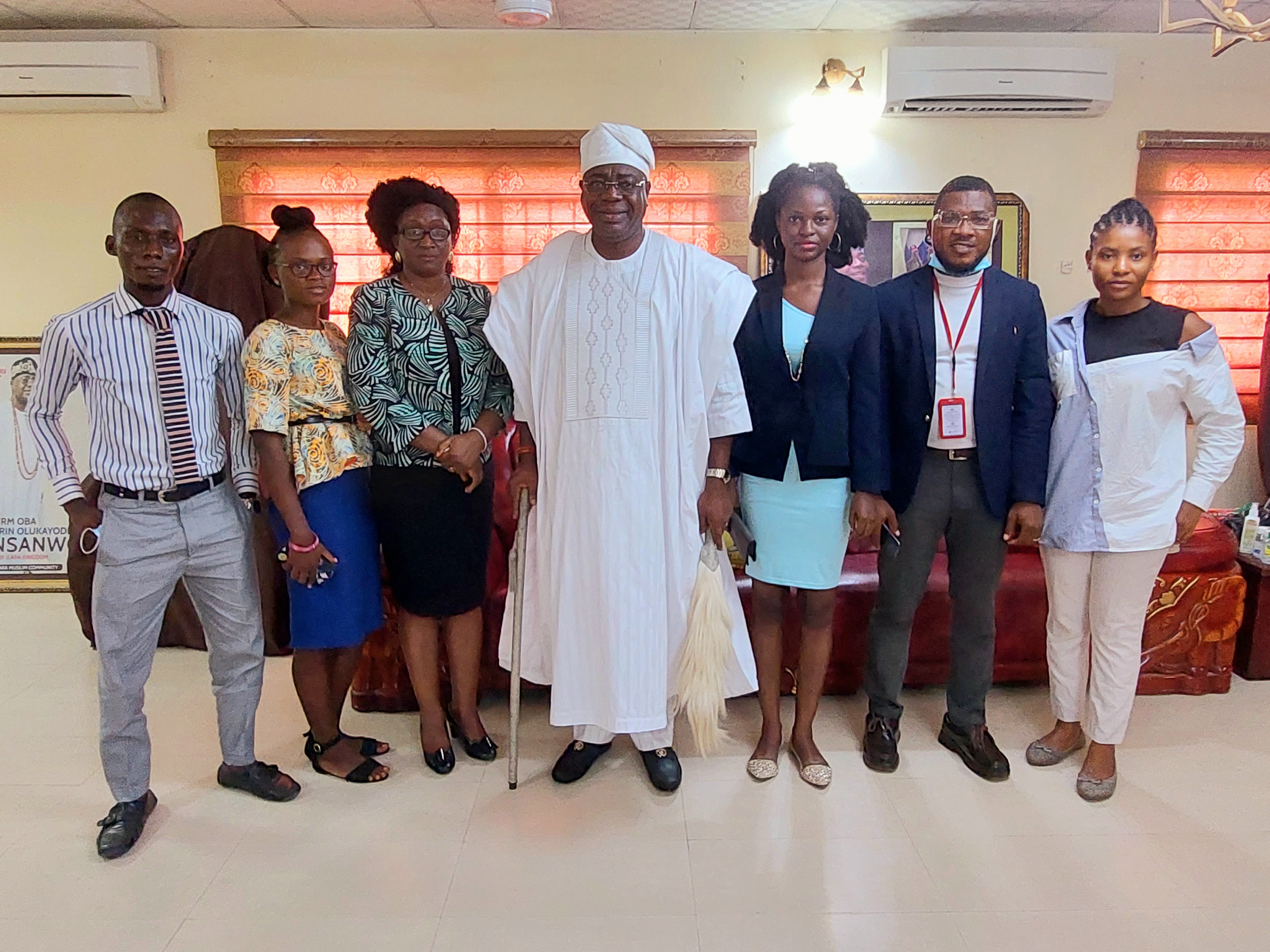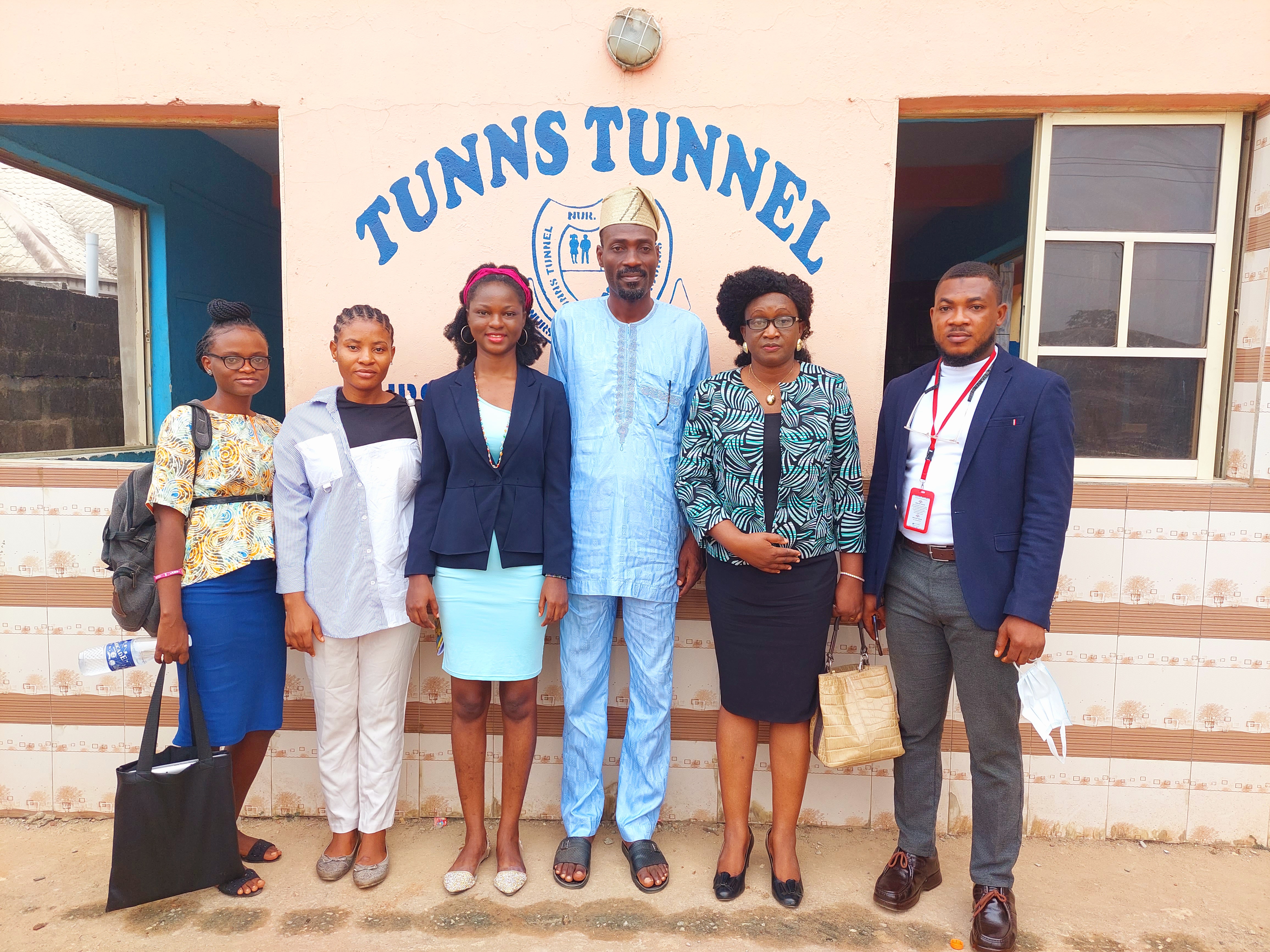
Pangolins are scaly and ant-and-termite-eating mammals found in Asia and Africa. There are eight species of pangolins, and all are in the list of animals threatened with extinction. According to the African Wildlife Foundation (AWF, 2019), pangolins are the most trafficked mammals in the world with poachers killing or rustling up to 2.7 million African pangolins each year. The conservation status of Pangolins ranges from vulnerable to critically endangered due to extensive illegal trade and domestic trafficking of its scales, meat, and habitat destruction (including indiscriminate deforestation). This negative development has become a major concern in Nigeria, a nation that has emerged as a worldwide pangolin scales export hub (National Geographic, 2020).
The essential benefits of having pangolins considerably represented within the terrestrial ecosystem cannot be overemphasized. For example, Pangolins are known to be soil tenderers and providers of an all-natural insect pest management. In a year, a pangolin consumes approximately 70 million insects – many of which include termites and crop pests. In so doing, pangolins contribute to a functional ecosystem throughout their lifetime, including their burrowing behavior.
Nigeria is a hotspot for illegal trafficking due to some factors fringing on porous borders, insufficient or passive law enforcement, and the big monster: corruption at the ports. In addition to these aforementioned factors, countries erstwhile notorious for pangolin trafficking such as Kenya, Uganda, Tanzania and South Africa have all put measures in place to reduce the trade in their various countries, thereby leaving Nigeria as the center of attraction to pangolin traffickers. These factors have led to the cart-away of Pangolins in large numbers by Asian merchants who are the major patronizers of this illicit trade because they consider pangolin meat a fine delicacy and its scales useful for medicinal purposes. As conservation advocates, the reports surrounding the trafficking of pangolins in Nigeria are very worrisome, especially as there are no adequate checks in place to clamp down on this trade.
To mitigate this continuous menace, and so that the existence of pangolins in Nigeria can be salvaged and sustained, One Health and Development Initiative (OHDI) and Pangolin Conversation Guild Nigeria (PCGN) with support from the United Consulate, Lagos has begun the implementation of the Project Pangolin Conservation (PC). The project is addressing the issue of poor pangolin conservation and trafficking in Nigeria by promoting community awareness and appreciation of Pangolins and supporting community-led action against the hunting and trafficking of Pangolins in Epe LGA, Lagos State. Over the years, Epe, a town and port that lies on the north bank of Lagos and has road and border connections to Ijebu-Ode, Ogun State is known to be hotspot for the hunting and illicit trade of wildlife, including pangolins.
To kick-start this project, the abovementioned organizations engaged in strategic planning meetings with community volunteers and made several advocacy visits to notable traditional and religious leaders, relevant associations, and market leaders in Epe, LGA. In our meetings, several of these key stakeholders admitted having been very concerned about the indiscriminate poaching, capture, killing, consumption and trade of pangolins and other wild animals around them. Having been introduced to the One-Health implications of this animal cruelty by organizational delegates from OHDI and PCGN, it was a case of seeing ‘a glimpse of light at the end of the tunnel’ for the stakeholders, knowing that there are organizations interested in curbing the menace. In return, these stakeholders have shown unalloyed commitment to working with us on this project and to lead the Epe community members to being active participants in the fight against the trafficking and trade of pangolins and other wildlife. They understand that animals’ conservation requires team work and are willing to champion their various roles to ensure success on this good cause. This is definitely something to be optimistic about, and we hope to record drastic decline in the trade of pangolins and other wildlife for that matter.











